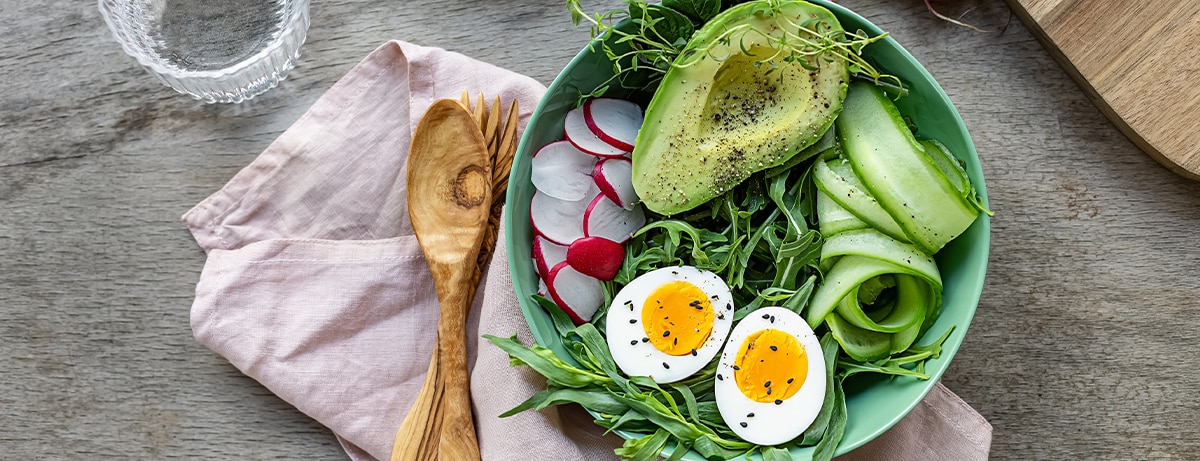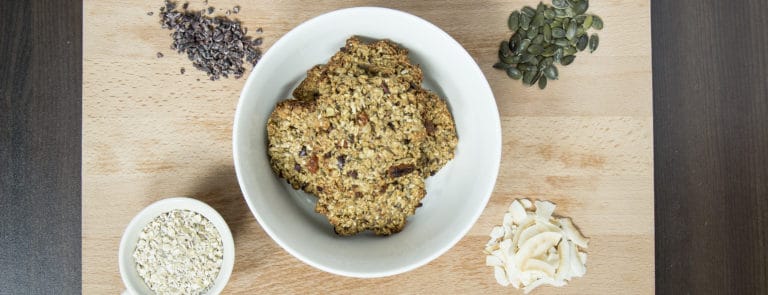10% off £35
Code:SAVE
Alternatives to collagen

Most collagen is naturally found in bones & tissues of fish & animals, making it tricky for a vegan or vegetarian diet. We share the best collagen alternatives.
When it comes to health and beauty, collagen is one of the buzzwords of the moment. You might know that collagen is important for keeping joints and bones healthy and skin, hair and nails looking good. But did you know that our collagen levels diminish over time, leaving many of us looking for alternative ways to replace it? However, including collagen in your diet is not always a straightforward process for everyone.
Most collagen is naturally found in bones and the connective tissue of fish and animals, which means that vegans and vegetarians can struggle to add it to their diets and supplements. And whilst the most easily absorbed form of collagen is from fish and shellfish, there is also a risk of allergic reactions, which can put some people off.
So, what other alternatives are there to the more traditional forms of collagen?
Can collagen be vegan?
It has long been thought that collagen can only be found in hair, skin, nails, bones and ligaments, which has, of course, meant it was not suitable for the vegetarian and vegan communities. However, more recently, scientists have begun to produce a form of collagen made from genetically modified yeast and bacteria.1
A digestive enzyme is then added to this formula, to help match the structure of human collagen, to create a truly vegan form of collagen. This type of collagen is not just suitable for those who prefer not to eat animal products. Due to the way it is produced, it is not only a lower cost alternative.
Read more: What is vegan collagen made from?
Vegan collagen alternatives
There are a number of elements found in plants that can stimulate the body into producing more collagen itself, rather than adding it directly. To make collagen, your body needs vitamin C and zinc, which can be found in a wide range of fruit and vegetables.
The most abundant amino acids in collagen are glycine, lysine and proline, and these are available in plant-based foods such as tofu, black beans, pistachio nuts, peanuts, cashews and pumpkin, sunflower and chia seeds.
Vegan collagen supplements
There are some collagen supplements on the market which have been designed to stimulate the body’s production of collagen, rather than providing a direct supply of it. These contain antioxidants and vitamins and minerals to kick-start the natural processes of the body. This means that these ingredients can all be derived from plant extracts to help support our skin and joints.
Some supplements have also focused on delivering the amino acids within collagen in place of the collagen itself. They also contain vitamin E, vitamin A, aloe vera, rosehip, hyaluronic acid and other superfoods to support the skin, helping to make it appear more healthy and radiant. These supplements come in the form of tablets which simply need to be taken once a day. Or you can choose a collagen powder, which can be added to other protein shakes, smoothies, or even your morning coffee.
Collagen for healthy joints
It is important to remember that collagen is not just about beauty. It is very important in keeping joints healthy. You can read more about bone, joint and muscle health on our Health Hub, including ‘4 Top tips to help stiff joints’ and ‘5 ways to boost your bone health without dairy’. These articles have some great tips on maintaining strength and health naturally, and without animal by-products.
These are great alternatives to collagen supplements and the more common aspects of a collagen rich diet, meaning that it is accessible for everyone without pricking on your conscience. Whether you are vegan, vegetarian or simply environmentally conscious, there are now collagen alternatives that can be enjoyed by everyone to firm your skin, strengthen your nails and support bones and joints whatever your age, diet or priorities.
Related Articles
Shop by wellness goal
Sign up for exclusive offers
Plus, get expert advice to support your health & wellness straight to your inbox when you sign up to Holland & Barrett emails.
Read our
privacy policy














